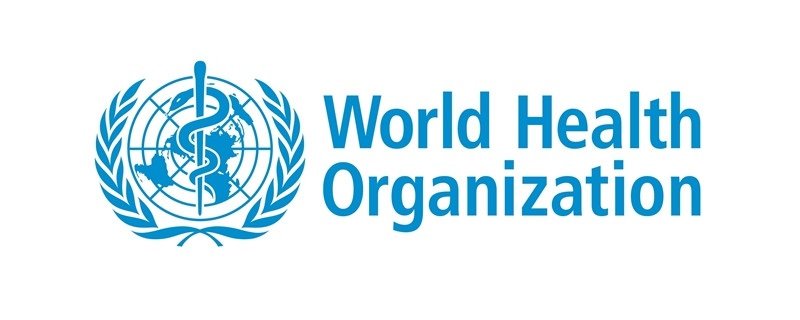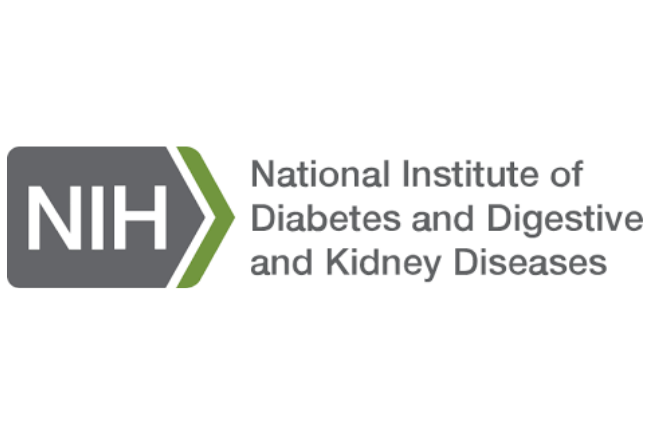Obesity and Medicaid: Removing Barriers for Our Most Vulnerable Populations
45.6% of Hispanic adults live with obesity

There are many factors that contribute to obesity, some that we can control and some that we can’t. Regardless, obesity can increase your risk for many other medical conditions, including cancer, type 2 diabetes, and depression.

Obesity can be caused by many factors, including:
Sleep4


To diagnose obesity, a doctor may:
To prevent weight regain:

45.6% of Hispanic adults live with obesity

About Obesity (Causes and Classifications)

What Is Obesity?

Avoiding emotional eating
Overweight & Obesity Proven Strategies

Preventing Obesity in Children, Teens, and Adults

Obesity

Obesity and overweight

Treatment for Overweight & Obesity

Obesity

What Are Overweight and Obesity?

Obesity Prevention